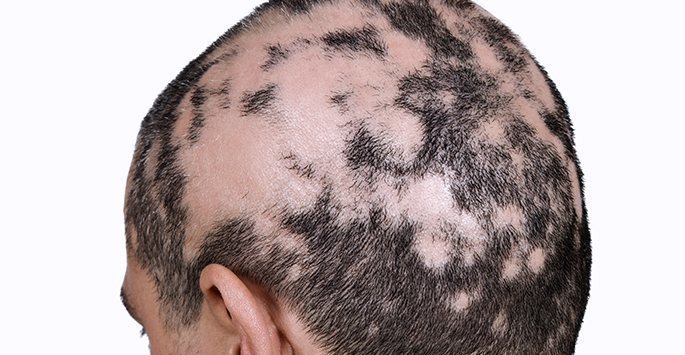Alopecia, or hair loss, can occur on the scalp or other parts of the body. Depending on the cause, hair loss can be temporary, permanent, or associated with another underlying disease.
WHAT CAUSES ALOPECIA?
There are many different causes of hair loss that include:
Genetics: Inherited from mother and/or father.
Hormones: A group of hormones called androgens act on hair follicles of the scalp
Injury: Excessive hair pulling, excessive brushing, or surgery
Autoimmune or other systemic disease
Child-bearing
Medications
Infections
TREATING ALOPECIA
The progression of alopecia gradually occurs over years to decades. Depending on the underlying cause of the hair loss, treatment options include topical and oral medications to reduce the rate of hair loss or stimulate hair follicle growth. Unfortunately, hair loss may be difficult to treat.
REFERENCES
Breitkopf T, Leung G, Yu M, et al. The basic science of hair biology: what are the causal mechanisms for the disordered hair follicle? Dermatol Clin 2013; 31:1.
Price VH. Treatment of hair loss. N Engl J Med 1999; 341:964.
Otberg N, Shapiro J. Hair growth disorders. In: Fitzpatrick’s Dermatology in General Medicine, 8th
ed, Goldsmith LA, Katz SI, Gilchrest BA, et al (Eds), McGraw-Hill, New York 2012. Vol 1, p.979.



